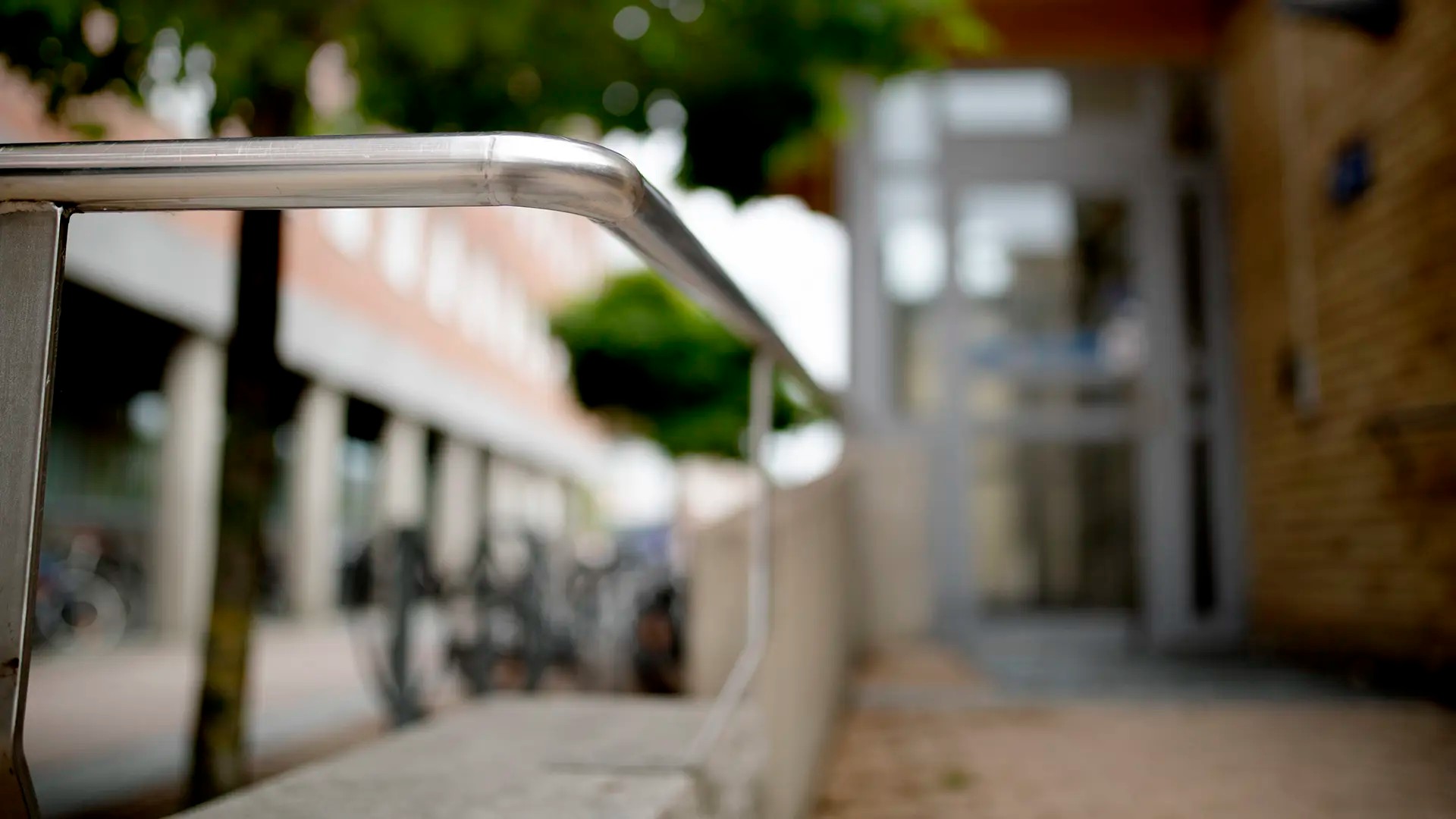
When working on a degree project or other project in collaboration with companies and other organisations, there are several things to consider from a legal point of view. Guidance on your rights and responsibilities is provided here.
Intellectual property
As a student, you have a right to the results you produce in, for example, a degree project or other project unless you enter into an agreement to transfer your rights to a company or other organisation.
Intellectual property and confidentiality issues should be addressed in discussion between the student/project team, supervisor and company. If you need more formal assistance, your supervisor and examiner can help you.
Confidentiality and non-disclosure agreements
As a student, you will sometimes need to handle confidential information to complete your project, bachelor’s thesis or degree project. There are also cases in which the work may result in patentable inventions that must remain confidential until a patent application has been submitted.
In some cases, companies participating in collaborations ask students, supervisors and others to sign a non-disclosure agreement (NDA) or confidentiality agreement. You are responsible for not disclosing or disseminating the company’s confidential information or results to third parties without the consent of the company or organisation. Please note that such agreements may relate to sensitive information from the company/organisation and results created by you or others who are not employees of the company/organisation.
Please check whether the terms of any proposed agreement involve you waiving your rights to your results.
Please check whether the terms of any proposed agreement involve you waiving your rights to your results, including the right to disclose your results to the public. You must have the right to disclose your results so that the examiner is able to approve your work. This is because the work must be publicly accessible material.
Degree projects, reports and other projects
The final written degree projects, reports and other projects produced by students, teachers or a group must not be published unless publication has been authorised by the author.
Public access to public documents
Reports, project results, etc. are to be regarded as public documents at Chalmers when they have been completed or submitted to Chalmers. Consequently, they may be subject to external scrutiny if someone explicitly requests to see them. If the reports contain information from companies or organisations, such information may be deemed confidential if the conditions of the Swedish Public Access to Information and Secrecy Act are met. This legislation protects the business interests of companies and organisations in their collaborations with the University. Such documents must be marked as ‘secret’ or ‘confidential’ to facilitate administration. However, the material that forms the basis of an examination must always be public.
Examination
The final exposition of the results, including verbal presentations, may in practice be a public event, which means that sensitive information should be avoided. This means that, if there are patentable inventions, it is necessary to submit a patent application before any public presentation or exhibition. As a rule, patent opportunities and intentions regarding your results in collaboration with a company or organisation should always be discussed and agreed between the parties concerned in advance.
Model agreement for degree projects (equivalent)
You can contact your supervisor or examiner for guidance on intellectual property and contractual issues and to access Chalmers’ model agreement for projects/bachelor’s theses/degree projects. Please note that students are responsible for familiarising themselves with the contents of the agreement and making their own decision on it based on their own interests. Chalmers does not negotiate the terms of agreements affecting students.